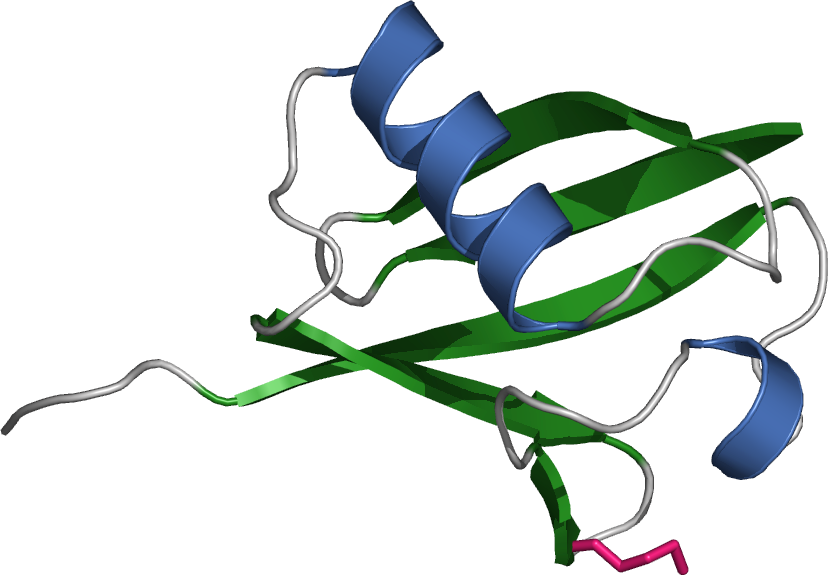"I'm interested in the lifestyle of T cells: which signals are important and how do they process these? It would be brilliant if we can find a vulnerability that has a relevance for treating cancer," says Mark Mensink, a PhD student in tumor biology and immunology at the LUMC.
The desire to contribute to fighting cancer drives both PhD students cooperating in this project. Originally from Vietnam, collaborating reseacher Thi Tran Ngoc Minh came to Utrecht for a Master's in cancer biology. "I wanted to do a PhD in cancer research where the immune response and metabolite interaction is gaining importance. This project in the Metabolomics group in Utrecht combines it all."
In balance
Conventional T cells act to clean up pathogens and tumor cells. Regulatory T cells counteract this, thereby preventing excessive inflammation and autoimmunity. An imbalance in this system contributes to disease. Therapeutic strategies involve restoring the balance by stimulating or inhibiting the activity of one of the cells. The question is: how? Conventional and regulatory T cells have similar expression of cell surface receptors, but previous results show that they do have different regulation of intracellular metabolic pathways. Tran and Mensink set out to identify key differences, potentially allowing for selective drug targeting.
The cooperation between the two researchers and their colleagues is very clear-cut. The Leiden group is specialized in immune cell biology. Mensink and colleagues grow the T cells and activate them using costimulation by various receptors and feeding them different nutrients. At a predetermined stage in this biological process the cells are lysed and handed over to Tran and colleagues for metabolomics analysis.
Tran is a mass spectrometry specialist, using this method to identify the metabolites secreted by the cells. "Our group employs a method to label them with a heavy isotope. To annotate metabolites correctly we use a large set of standards."
Processing nutrients
One of the results so far is that both types of T cells appear to be activated by different signals. Regulatory T cells are greatly activated by a receptor called TNFR2, while conventional T cells mainly rely on other receptors for their activation. TNFR2 also influences the processing of the nutrients glucose and glutamine in a different way in the two cell types.
In addition, Tran uses a statistics method called sparse PLS-DA for mining the large amount of data collected by not only metabolomics but also proteomics and transcriptomics methods. "We can learn for example which genes correlate with the response of conventional and regulatory T cells upon specific costimulation."
Mensink sees only advantages in the cooperation: "It is fascinating that they can follow how atoms travel through cells. We both have our own expertise. It's great to meet live, but the video meetings are fine too because they save time."
Tran has over three years of her PhD study to go, but is already interested in a postdoc position, preferably in bioinformatics. "I like the big data side of science," she says. Mensink aims to finish his PhD thesis before the end of 2022. "After that I'm staying as a researcher in this group to finish some projects. I've already worked here since 2016."
PhD project
Exploiting metabolism for therapeutic intervention in regulatory T cells
PhD students
Thi Tran Ngoc Minh
Metabolomics, Utrecht University
Celia Berkers group
Mark Mensink
Tumor biology and immunology, Leiden University Medical Center (LUMC)
Jannie Borst Group
This interview was published in ICI Bulletin issue 14, december 2022.
